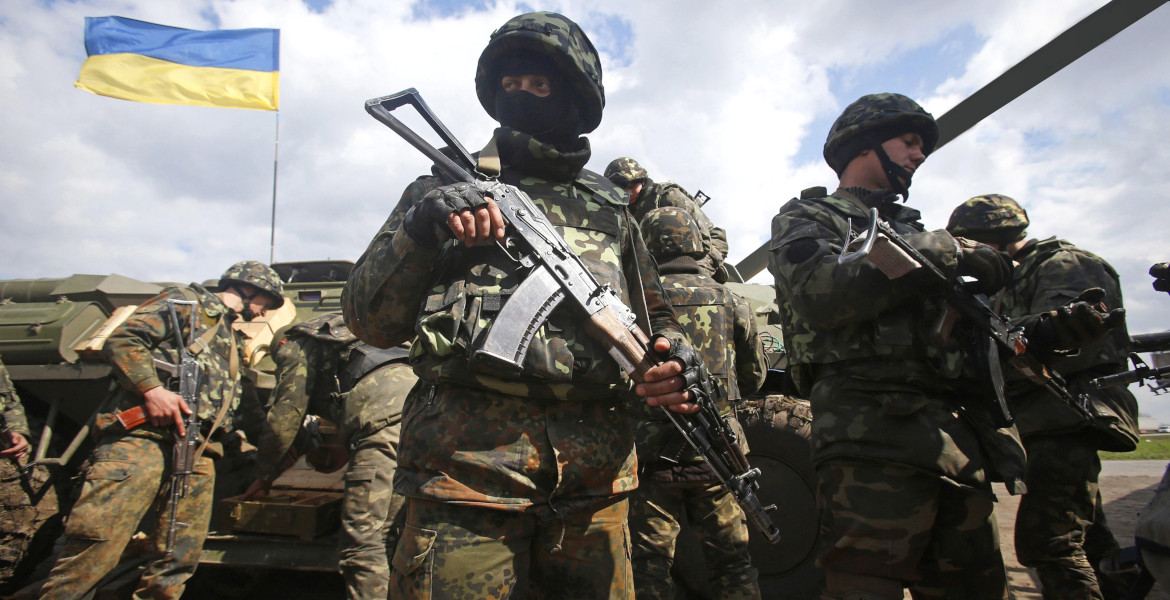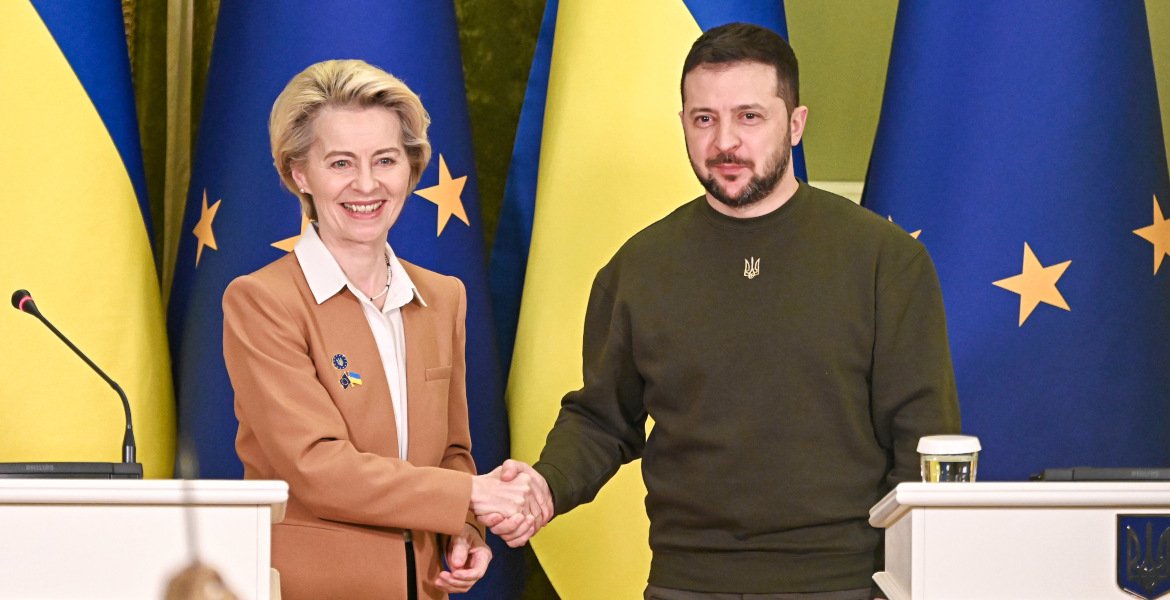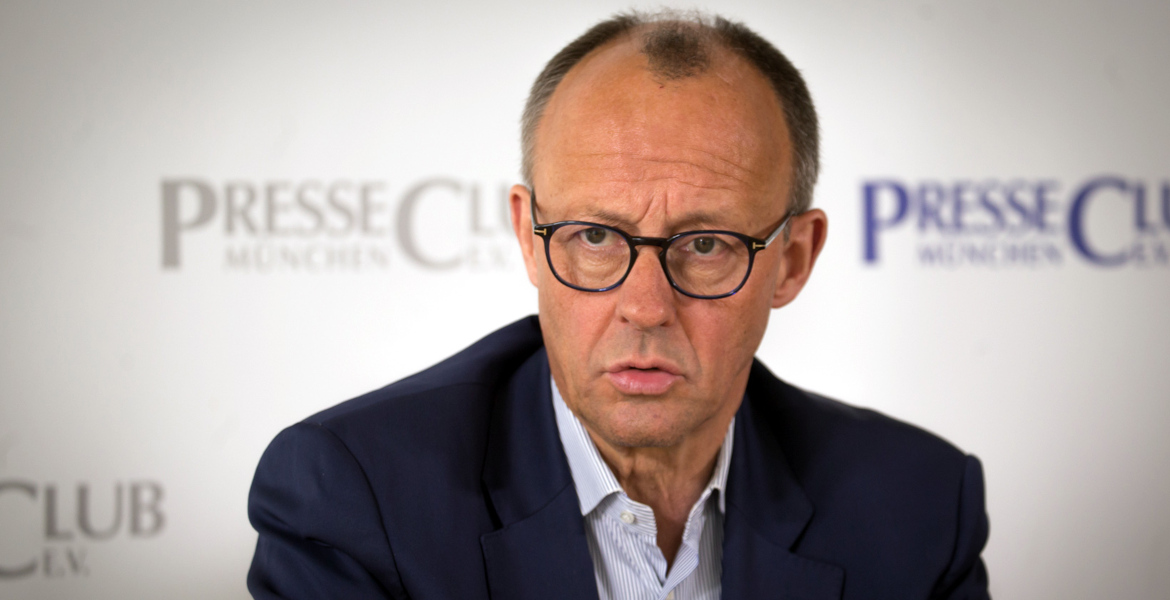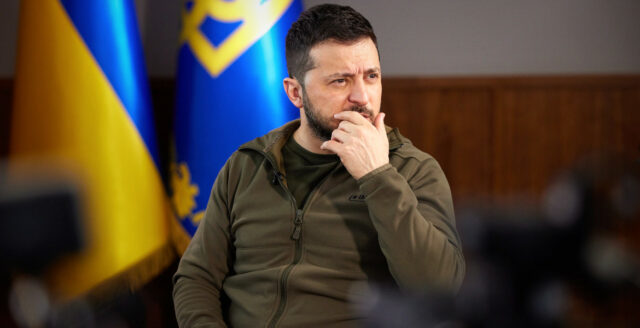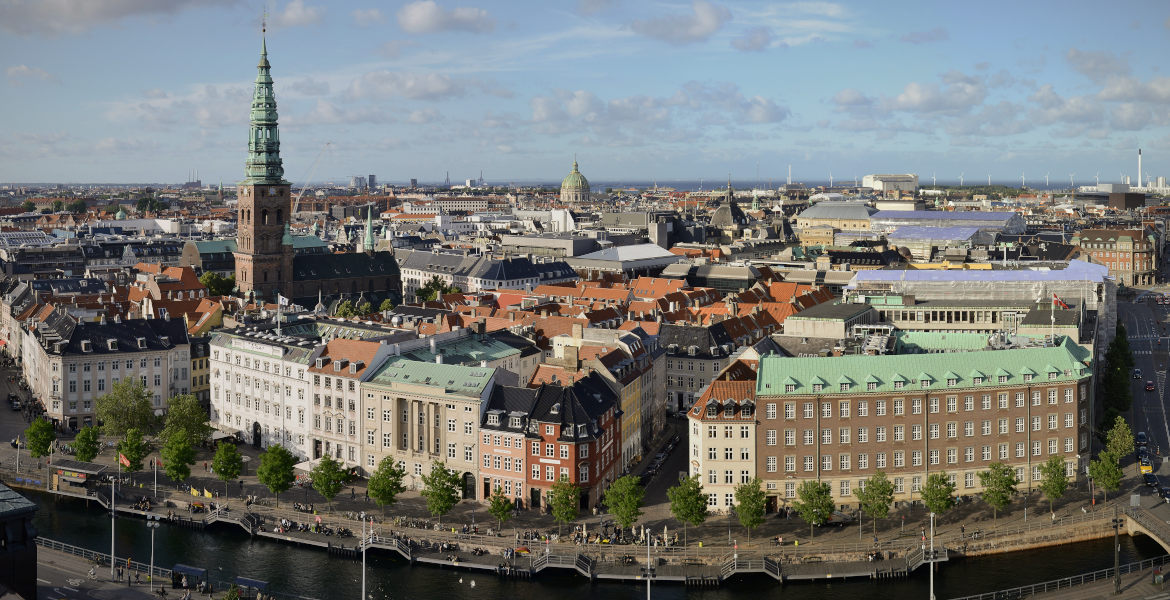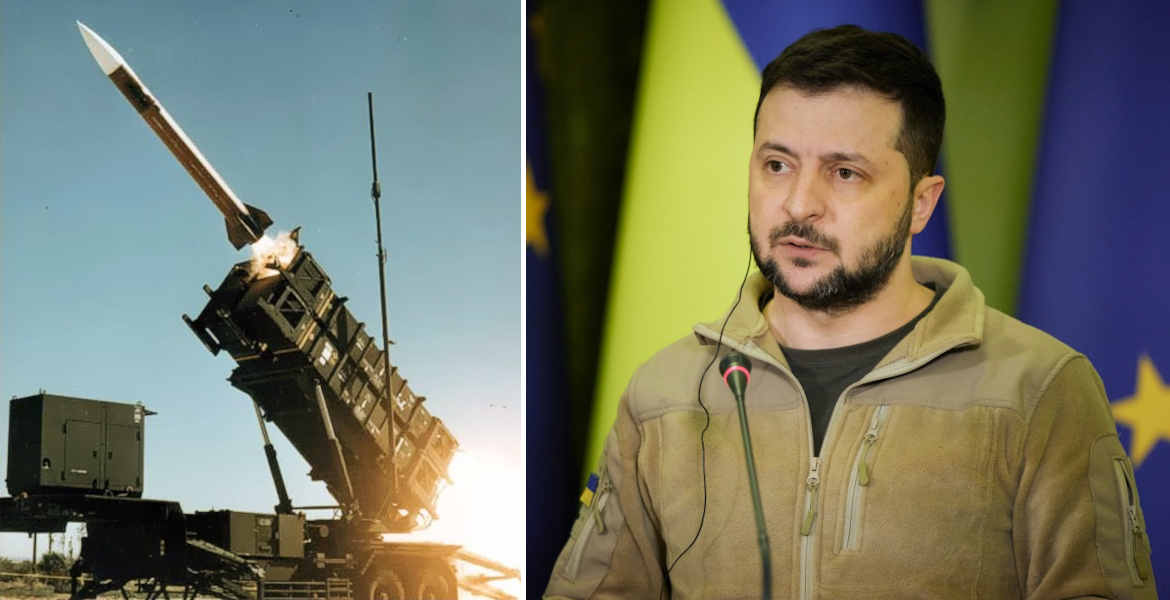More than 10,000 Ukrainian prisoners have been recruited to the country's military since a new law was introduced last year. Among those recruited are convicted murderers, and in exchange for fighting at the front, they can be granted parole.
At penal colony No. 4 in Ukraine, Andrii Askerov, 30, and Roman Chech, 36, are preparing to exchange their prison overalls for military uniforms. Both are convicted of drug offenses and have applied to join the army.
"I can't imagine what it's like to kill a man, I've only seen it in movies", says Andrii Askerov, who has served 18 months of a six-year sentence, to BBC.
For Roman Chech, it's not just about freedom but also about revenge. He says his sister was killed when a Russian missile hit her house in Kharkiv in 2023.
"Most of all I would like to avenge her", he says.
One month of training
According to the new law, prisoners can apply to serve in the army "until the war is over" and they undergo one month of training before being sent to the front.
Those convicted of the most serious crimes such as repeated murder, sexual violence, corruption and treason are excluded and cannot be recruited to the army, it is claimed.
Most prisoners have voluntarily enlisted in the infantry where fighting is most intense, according to the government. They will also be part of a new assault force that President Volodymyr Zelensky announced in September.
According to the head of penal colony No. 4, about half of the thousand inmates who have volunteered so far are already dead.
"Huge difference"
Ukraine's Deputy Justice Minister Evhen Pikalov defends the program and argues that Ukraine's recruitment of prisoners is not at all comparable to Russia's recruitment efforts.
"There's a huge difference: the Russians are paid per hundred metres, and Ukrainians are driven by patriotic feelings", he claims.
Pikalov also emphasizes that these are parole releases, not outright pardons.
Both Ukraine and Russia have thus turned to their prisons to recruit new soldiers for the front. For both countries, this offers a way to strengthen their military forces without having to expand regular mobilization, something that has historically often met strong resistance among the civilian population.
